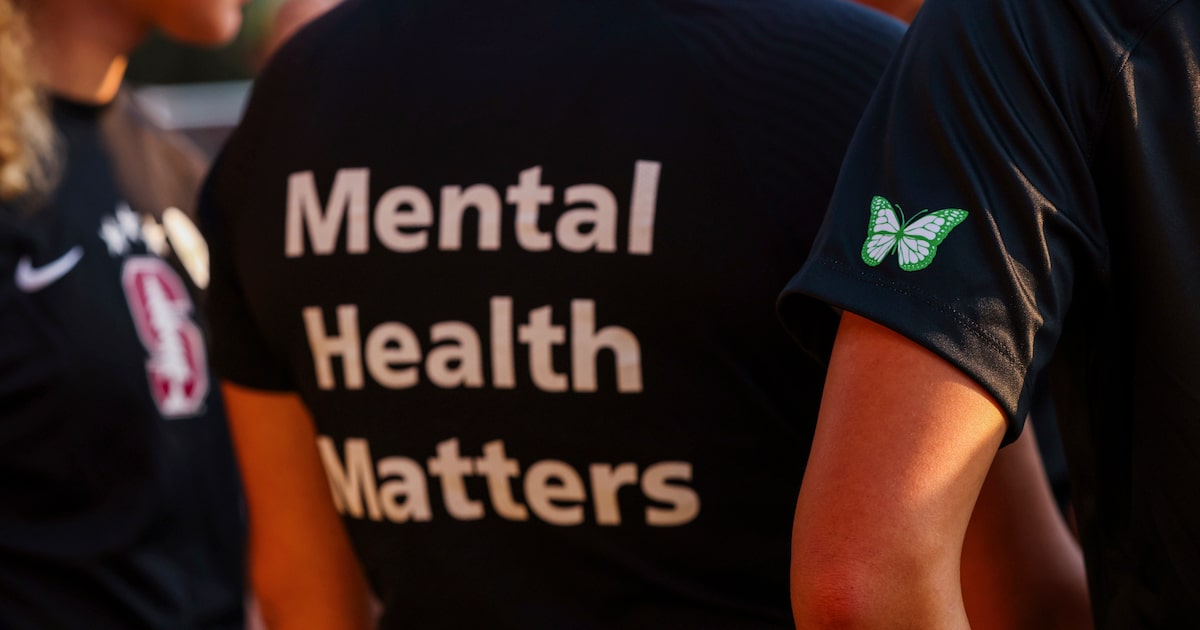Being a teen today means growing up in a world that never turns off — the mixture of technology and social media offering constant connection, but also emotional burdens their parents and grandparents never had to face. Today’s teens face a relentless stream of anxieties, social pressures and unrealistic expectations delivered straight to their fingertips. For many, this digital world becomes more than just stressful, it becomes dangerous.
In Dallas County, suicide rates for girls aged 12 to 17 rose 20.6% from 2018 to 2022, compared to a 4.8% increase in Texas and a 5.5% decrease nationwide, according to a Metrocare Services analysis of data from the Centers for Disease Control and Prevention.
These are not just numbers. They are daughters, sisters, classmates, and friends, young women who need urgent help and timely support. These trends highlight the worsening crisis for young women in Dallas County and the vital need for targeted interventions.
One program taking action is SPARC, which stands for Suicide Prevention and Resilience in Children, a mental health initiative from Metrocare, which began as a collaboration with UT Southwestern and Children’s Health.
Opinion
This 8-week program provides weekly 90-minute group therapy sessions. The curriculum focuses on teaching skills to reduce risk factors related to suicidal thoughts and behaviors. It includes topics such as mindful thinking, problem solving, communication, emotion regulation, skill building, relapse prevention and sleep hygiene.
“With each client, we start by identifying their triggers,” said Angela Battle, Metrocare’s clinical team lead overseeing the SPARC program. “A lot of times, the clients that we serve are experiencing a lot of pain in their daily lives. We often hear about bullying at school or bullying at home. Or sometimes it’s a lack of communication or strained relationship with their parent or guardian. … More often than not, they just feel different and that they have no one to talk to.”
Suicide is preventable. But prevention requires real conversations. It requires investment, collaboration and collective refusal to let another child fall through the cracks. As a community, Dallas can lead the way for the state and for the country. But that starts at the individual level.
Do you know someone who is struggling? It may be scary to say something, but the resources are available. One conversation can make all the difference. Then, working together in unison as a community, we can save lives.
Tate Ringer is chief strategy officer at Metrocare. Kristin Wolfe is a clinical practice manager at SPARC, Center for Pediatric Psychiatry.
